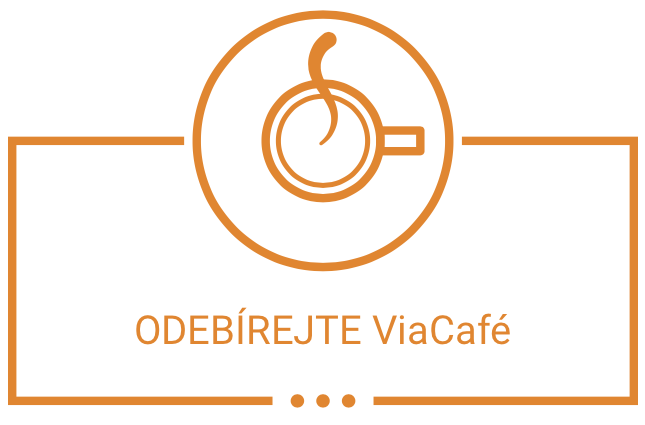ViabilityNet 3.0 is a program that supports local community leaders in Central and Eastern Europe and their ideas. Participants take part in four meetings and four study visits over a one-year period. The program visited Bulgaria for the first time in the six-year history of the program. We were welcomed by ViabilityNet alumni. We took a look at several initiatives and even baked bread!
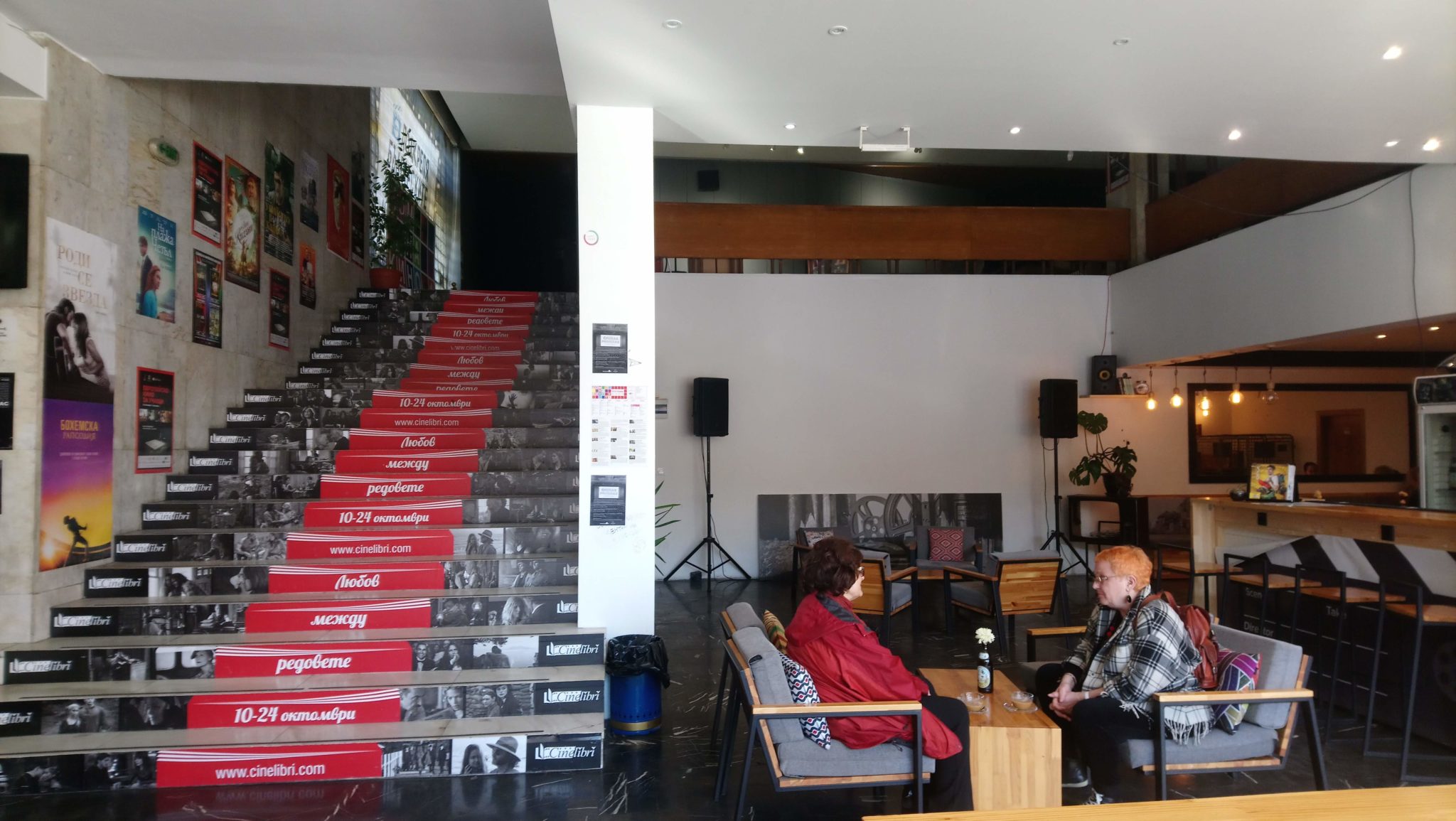
We met at Dom na Kinoto, an old cinema that has been turned into a cultural space. A group of young people has remodeled the space, opening up the entrance area by removing walls and building a small bar. Films are still shown in the cinema and many events are hosted in the space. The financial model is pretty basic: income from the bar is used to fund the space and events that attract many people and are socially innovative. For example one evening the Plastic Free Black Sea initiative was given a chance to present itself; enthusiastic, motivated young people showed how they have been trying to save the Black Sea from lots of floating plastic trash.
Next we visited Move BG. Here is what the founder of Move BG says about its mission: “The world is seeking a new balance through a complex process of destruction and creation, through opposition to the established mentality of fear and obedience, establishing new principles of connectedness, solidarity and sharing. There are more and more people who are awakening and choosing to follow this new life philosophy: a life of co-creation and shared success. This is a new moral choice and a new dimension of our development as individuals and society. “
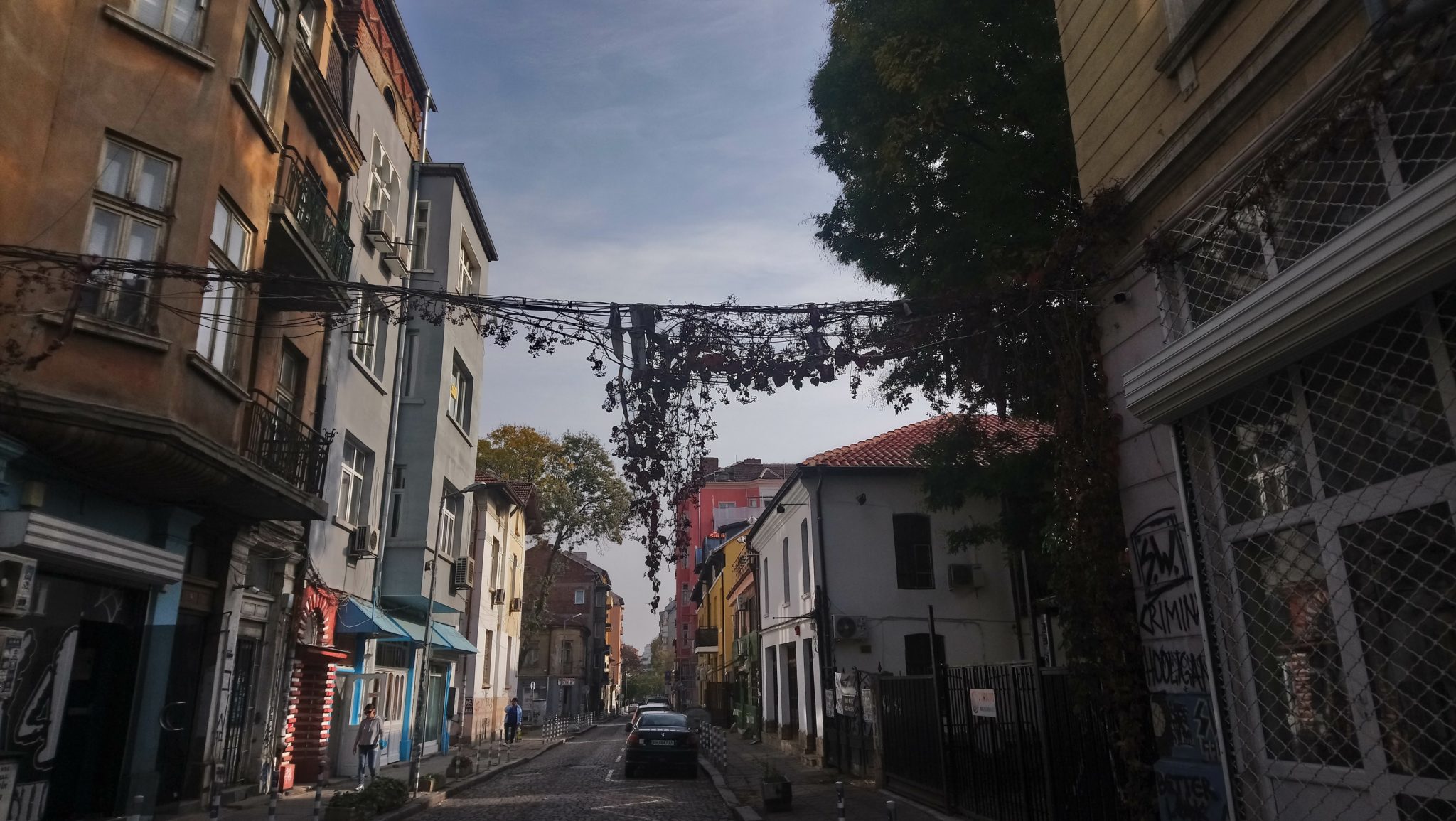
Along with street art events, the organization has run the kvARTal festival annually since 2015. It is a three–day festival that opens unused places, holds exhibits in old buildings and reclaims the streets from cars. The challenge of the district is to maintain its old architectural heritage while revitalizing shops and to find a balance between the needs of the current inhabitants and the spirit and history of the quarter.
Remember this view from autumn 2018, and imagine this place in a few years from now. What do you think the future will bring? Torn down buildings and new structures of granite and glass, or a street without cars parked everywhere and heavy car traffic, or loads of cafes and terraces, small shops, galleries and community spaces all next to each other?
Another initiative we visited, Multi Kulti Collective, is working on community development, civic participation, solidarity, integration of migrants and refugees, and human rights.
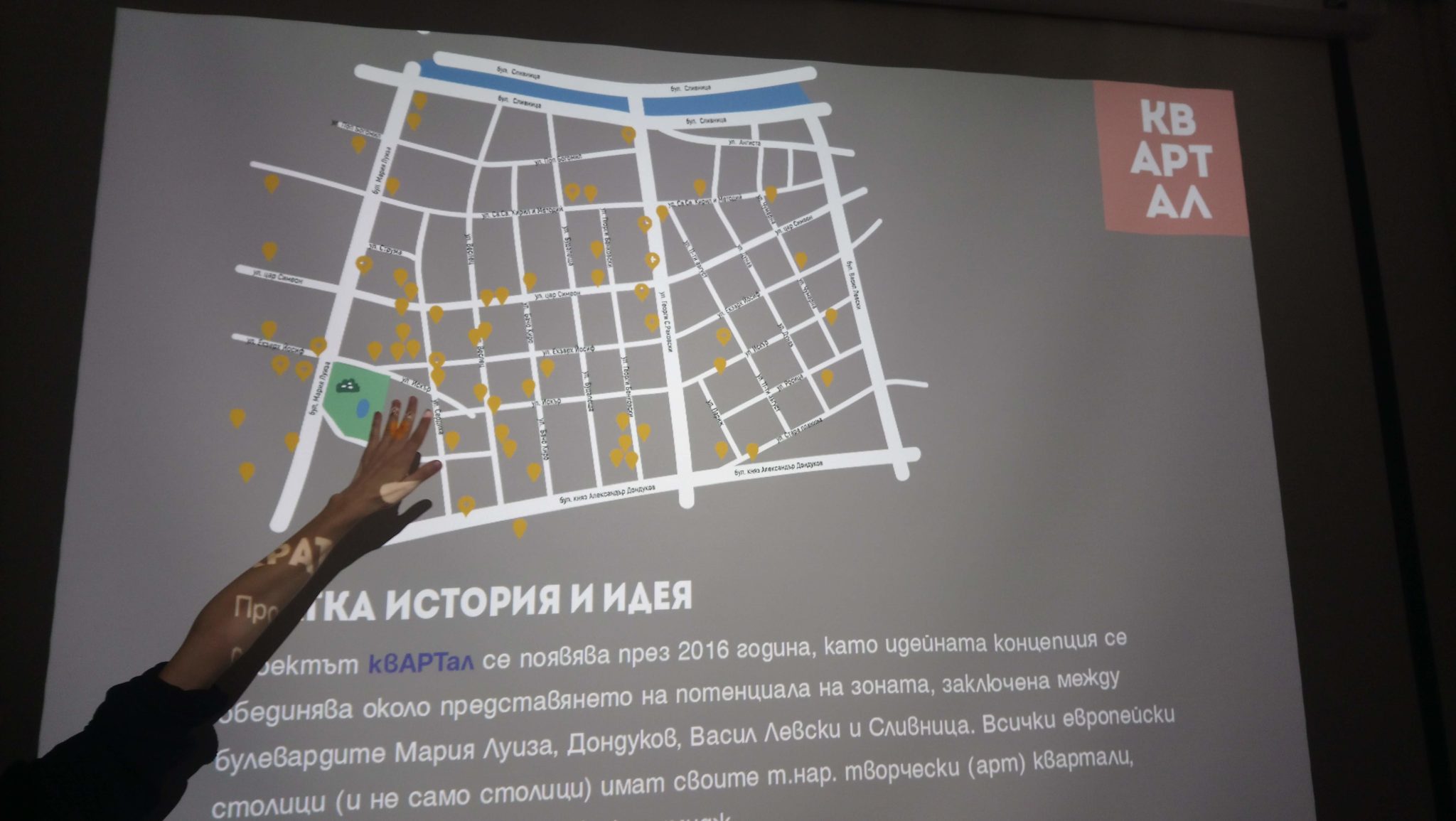
It started in Sofia but its social enterprises are now present in the six biggest Bulgarian cities. MKC does campaigning, awareness-raising, training, research, monitoring and policy analysis on migration and integration. Their first informal initiative was the Multi Kulti Kitchen in Sofia, which is grounded in evidence of the well-known saying, ‘familiarity and acceptance pass through the stomach’. And the eyes. And the ears.2 Multi Kulti Kitchen aims to show gastronomic delights from different parts of the world presented both by refugees and migrants. The initiative has collected stories about chefs and restaurant owners and shown people the lives they left behind and the recipes they took with them. As a result of this initiative, you can find a map of Sofia with dozens of multicultural restaurants, bakeries and pastry shops offering delights originating from the Far East all the way to Latin America. For our welcome dinner, we ate at Ashurbanipal, which is owned by an Iranian chemistry teacher who makes the best hummus ever and later we visited Caramel, a French pastry shop.
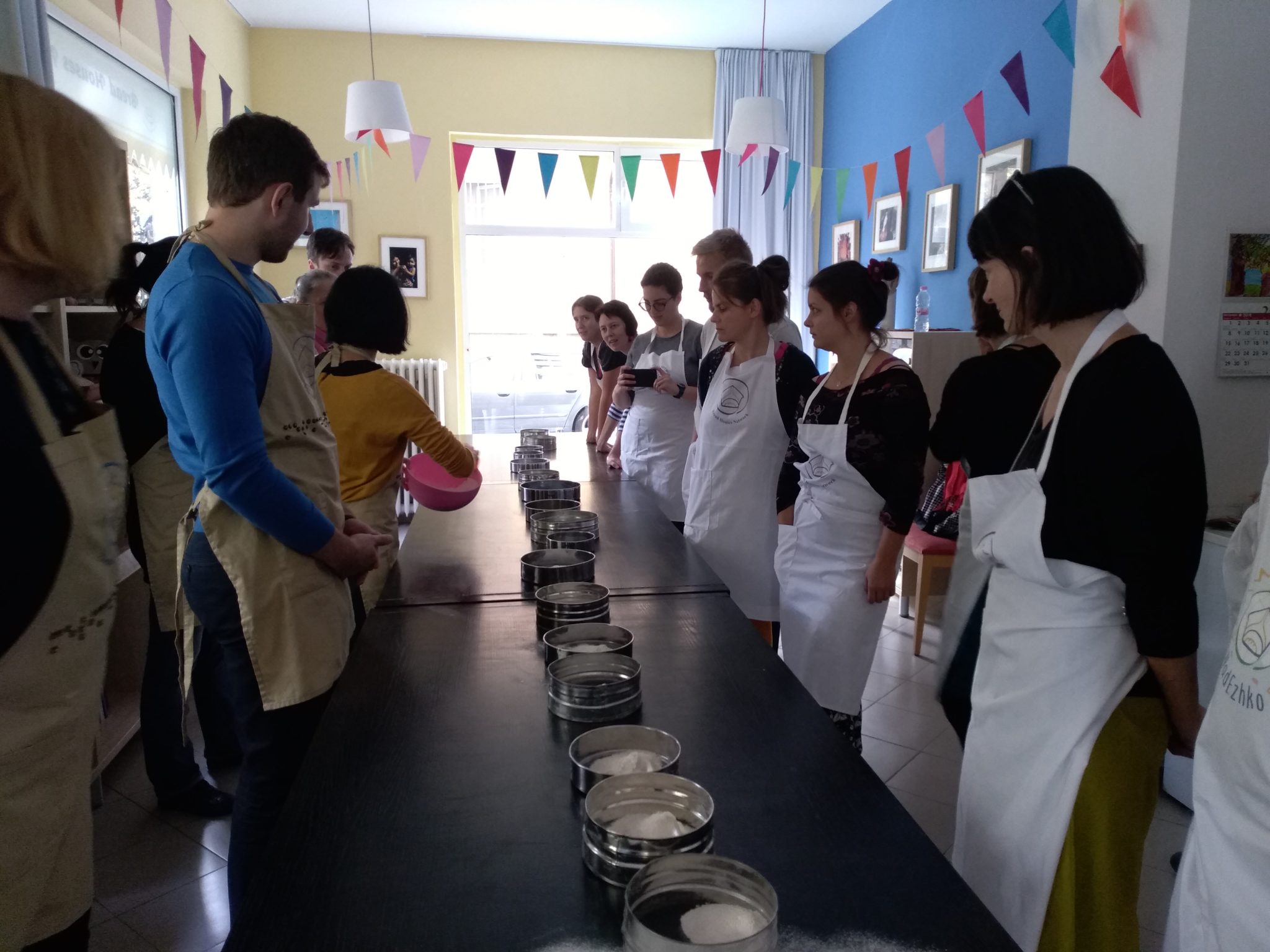
Our next visit was to a family company Sofia Bread House. It offers a wide variety of ecological, handmade sourdough breads and different ecological products from Bulgaria. In the bakery they train and employ people from vulnerable groups (i.e. orphans, the long-term unemployed, mothers of many children), offer diverse special programs for a fee (e.g. a Bakers without Borders board game, Bread baking as a team building method, which is appreciated by major international companies, Bread in the the dark: A life-changing experience in full darkness, where blind facilitators enable you to see with your eyes completely shut and your heart wide open). These activities financially support their social services, which include regular weekly free bread therapy sessions helping people with disabilities, orphans, female victims of domestic violence, former prisoners, veterans, people from elderly homes and hospices; and regular weekly community baking events for mixed groups fostering social cohesion and integration across all ages and special needs.
The last organization we visited was the Ideas Factory, which facilitates social change in Bulgaria through social innovation. We found the Residence Baba (“Granny Residence”) to be the Foundation’s most inspiring project. It aims to save Bulgarian villages from depopulation. Young people ages 20 to 35 are selected to live in households with elderly locals for a few months. Youngsters and grandmothers work together to develop a new innovative idea for a product, service or event that will attract stronger interest to the village and possibly solve a pressing economic, social or ecological problem.


